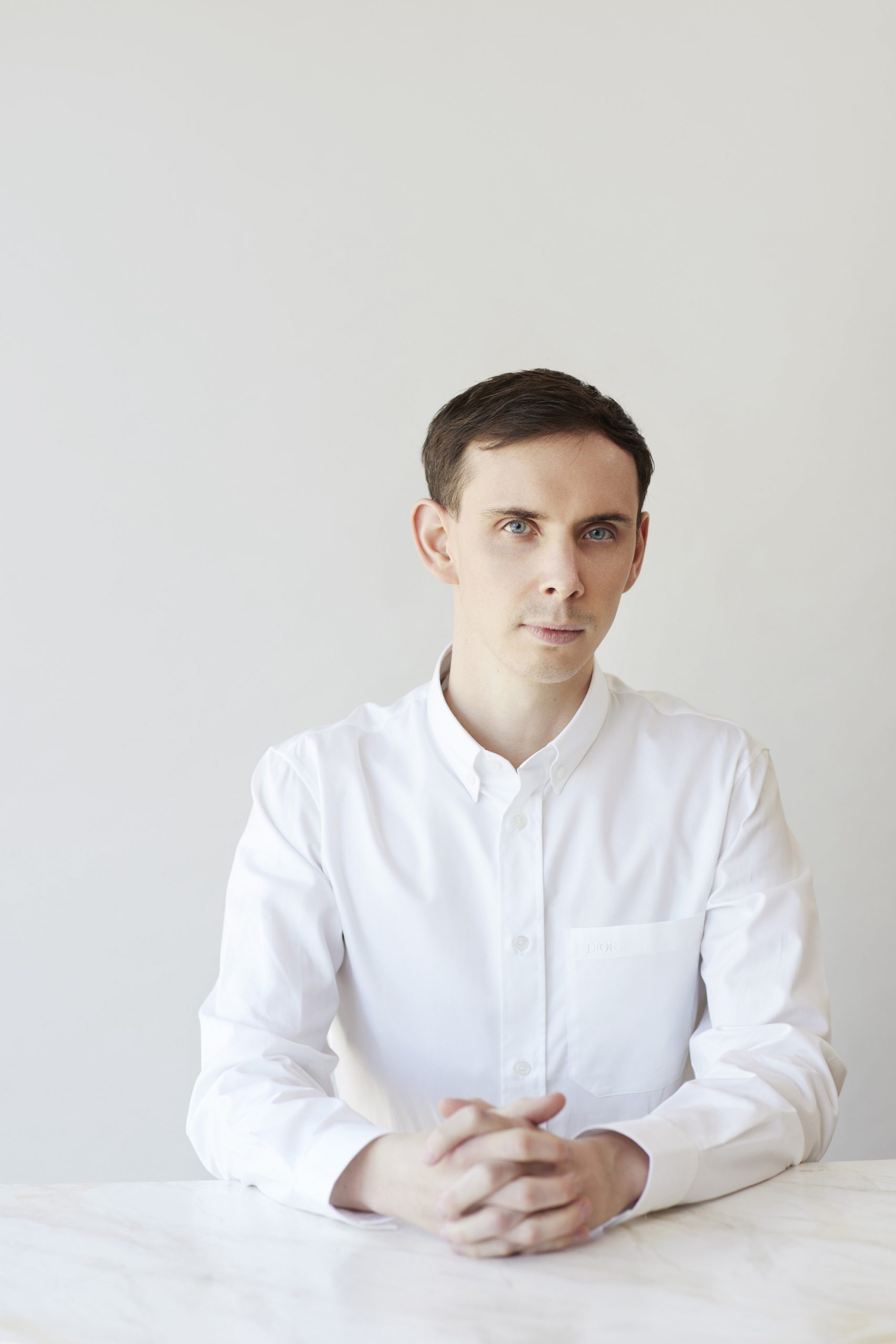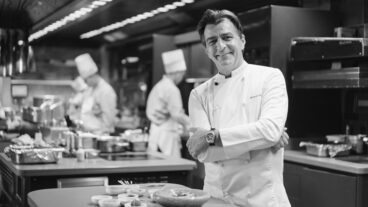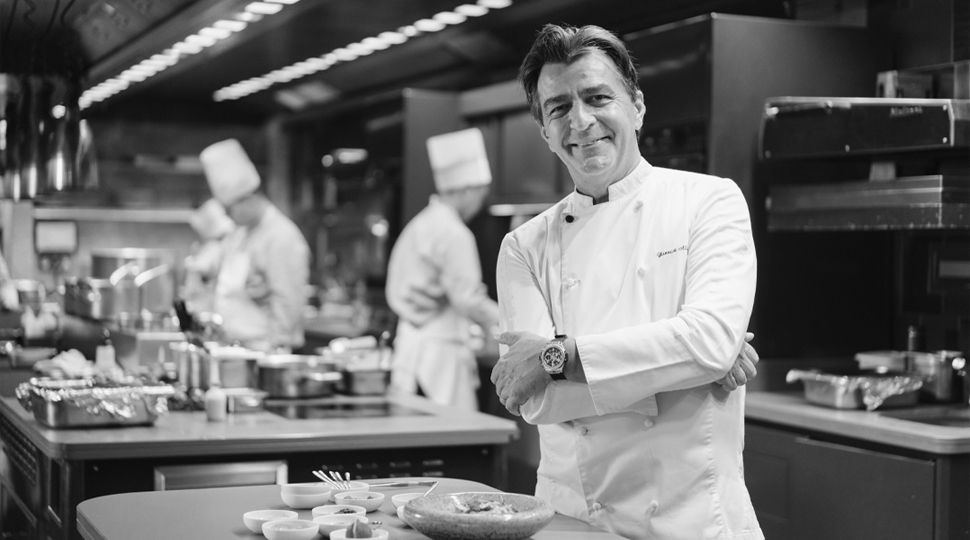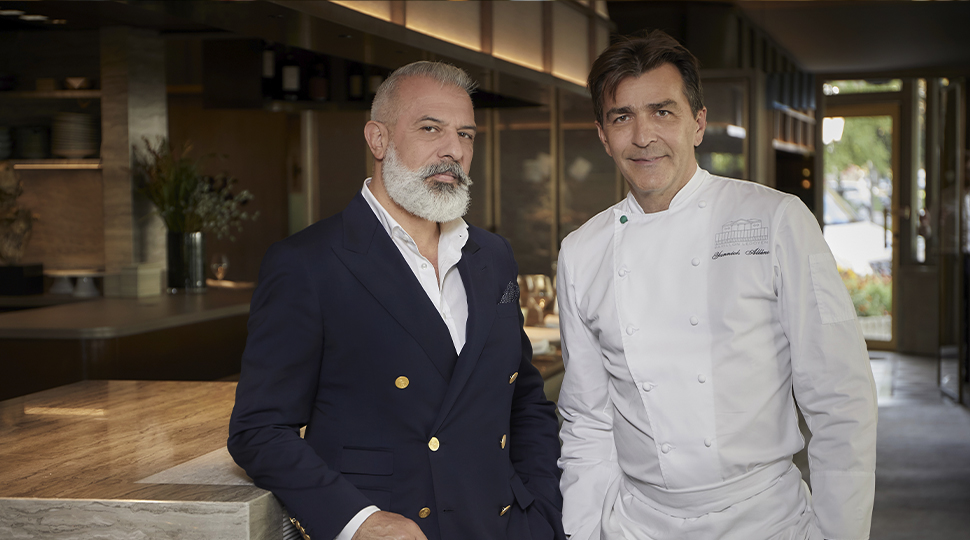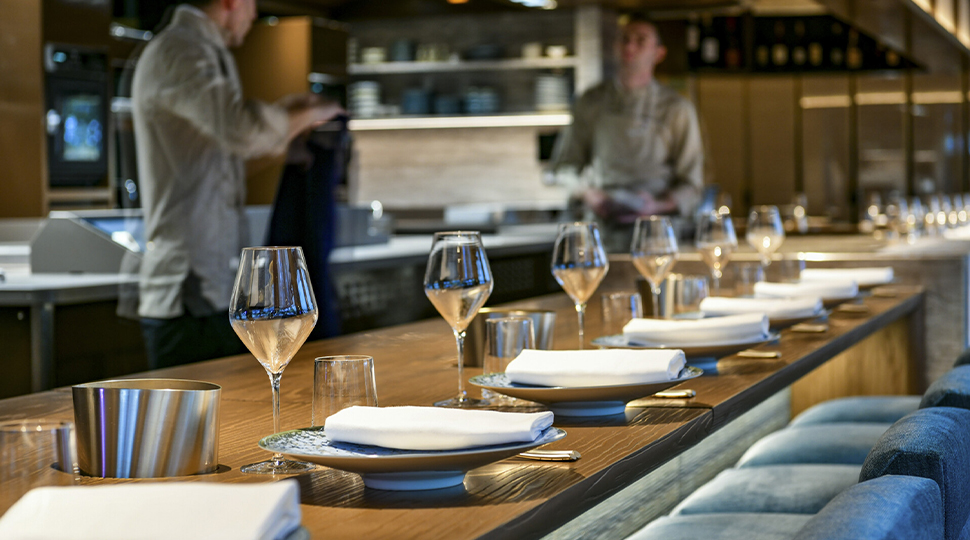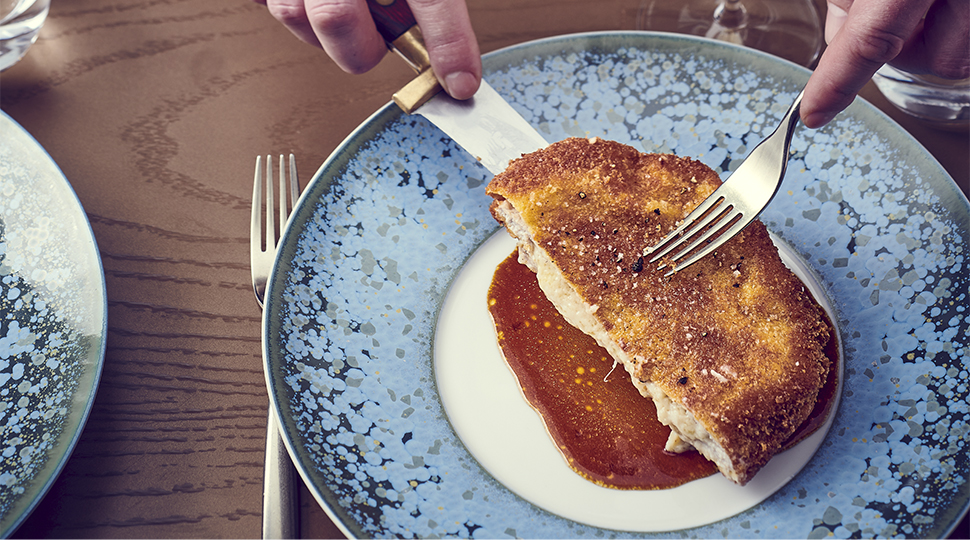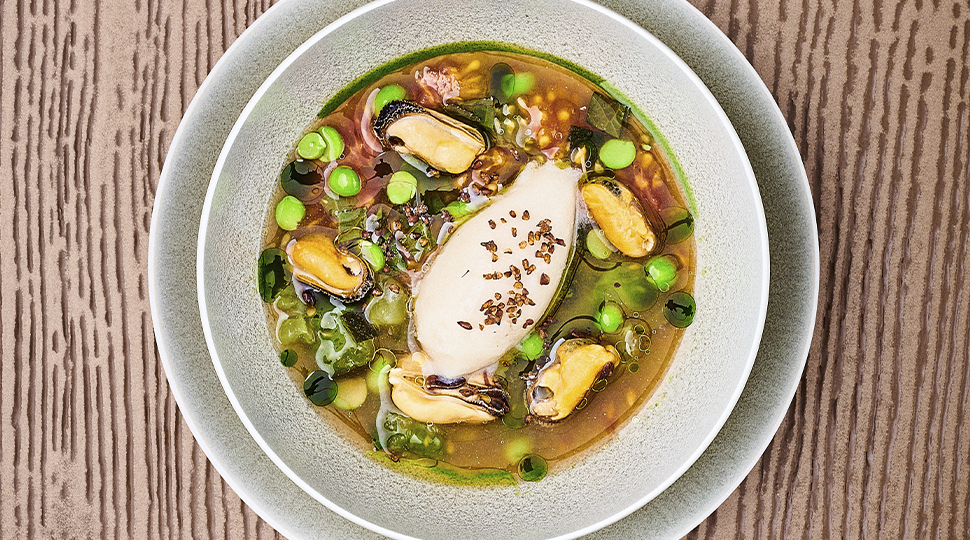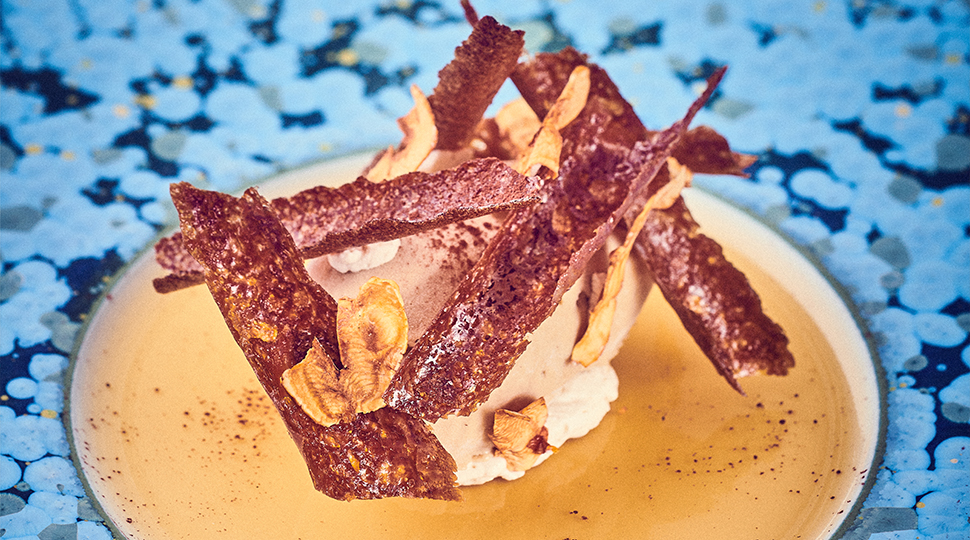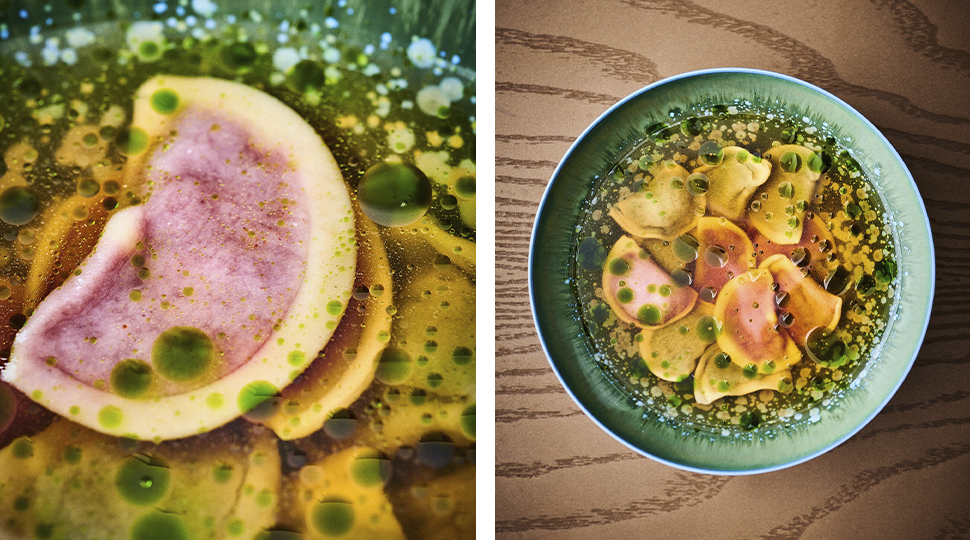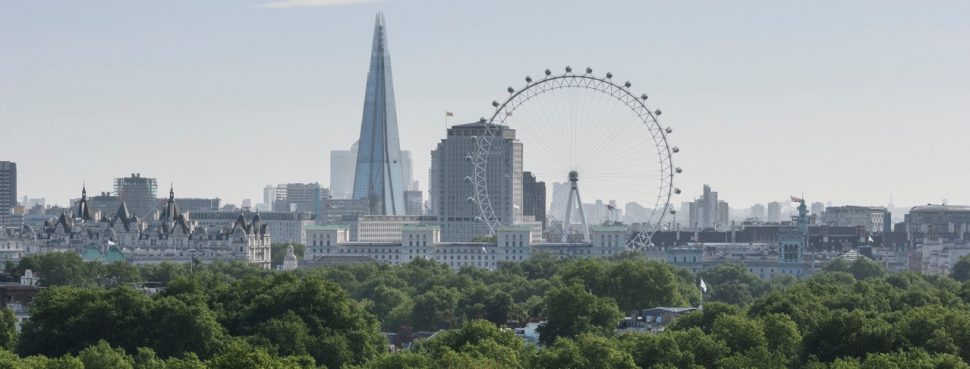At just 37 years young, Daniel Calvert has amassed more accolades than most chefs would accrue in several lifetimes. After spending his formative years sharpening his talent under the tutelage of legends like Thomas Keller and Éric Fréchon, Calvert opened Sézanne within Four Seasons Hotel Tokyo at Marunouchi in 2021, cooking French cuisine with a spotlight on seasonal Japanese ingredients. Sézanne now holds three Michelin stars and recently clinched the seventh spot on the World’s 50 Best Restaurants 2025 list. We caught up with the celebrated chef for a taste of his approach to the culinary arts.
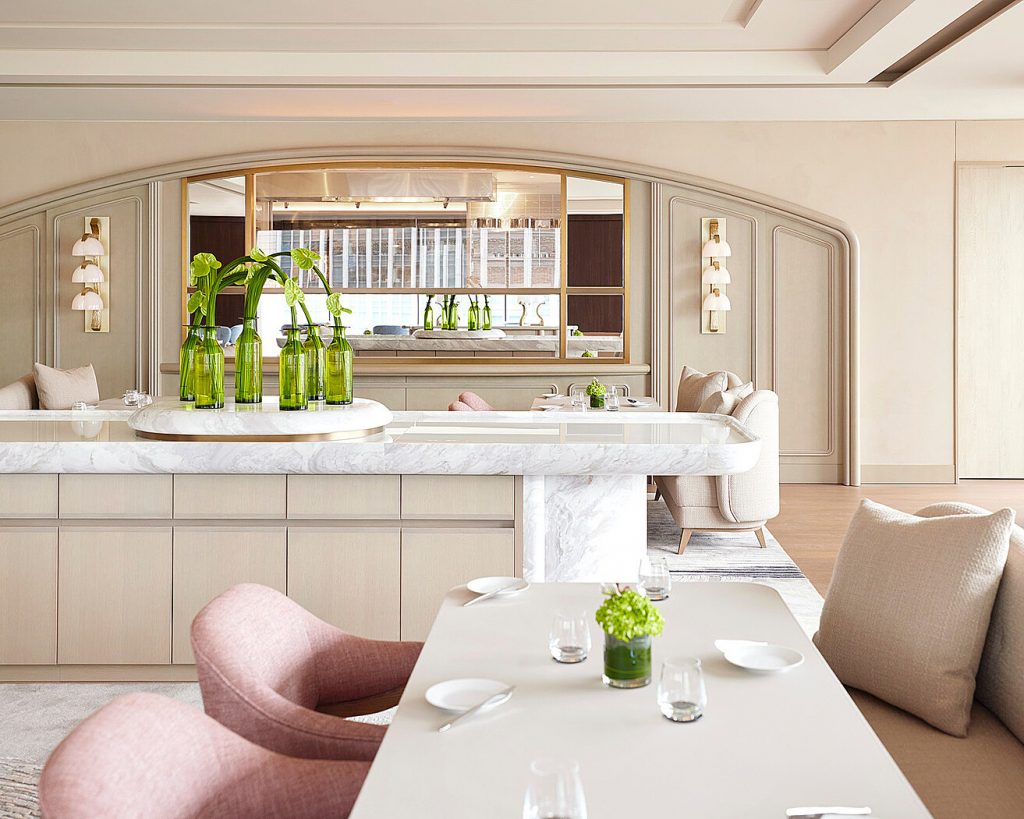
Q: Congrats on Sézanne being named the seventh-best restaurant in the world. What does that mean to you personally?
“You know, we don’t do a whole lot of marketing or media at Sézanne, so to be organically nominated at this level really means a lot to me. [The voters were] industry people, chefs, writers, journalists, foodies, all these kind of people who are well-dined. And to be honest, just to be in the top 50 is enough for me.
“I didn’t expect ever to get to the top 10. [But] I don’t really think about it, nor does it go [to] our heads. We come in the next day, we do our job, and we try to keep standards high, and that’s it.”
Q: Is there a recent dish that diners particularly loved?
“I mean, we do a lot of crazy stuff [with] beautiful, expensive ingredients, but when people say to me, ‘Wow, that corn soup that you served was amazing,’ that makes me feel like I’ve done my job. Anyone can put some caviar on top of something or serve a bunch of truffles, and it’d be impactful. But if I can impress someone with a bit of sweet corn…”
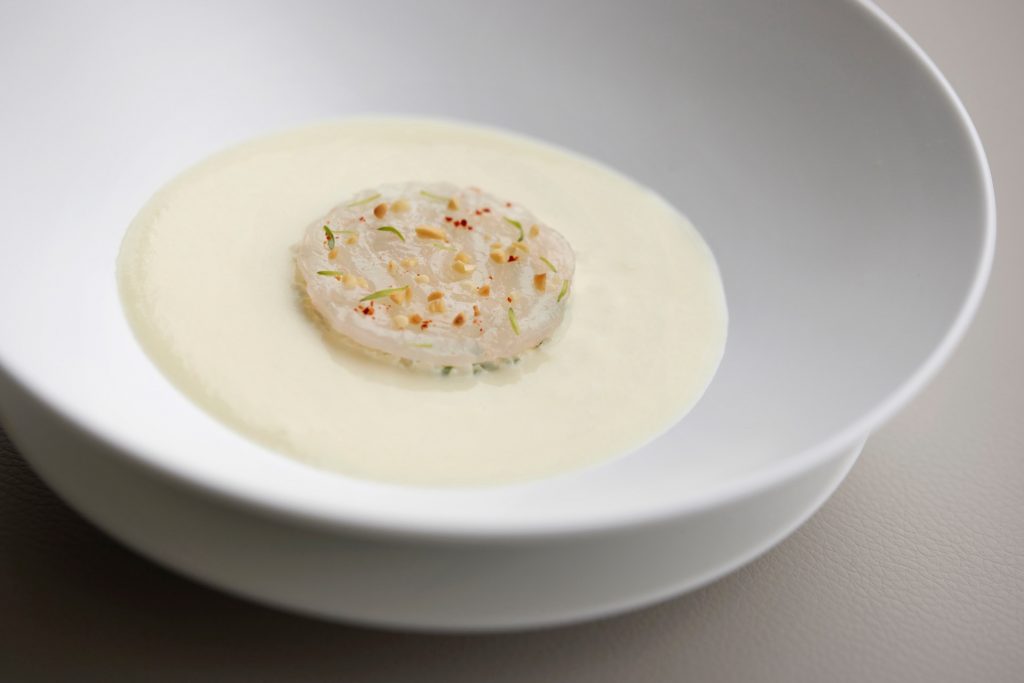
Q: How often do your menus change?
“Very often, because we go to the markets very often in Tokyo. The seasons move very quickly in Japan. It’s a very long country, just like Italy. So you kind of start the season down in the south, and you’re chasing the season all the way up to the north.
“We are always looking for the next great product. And it’s a full-on process. It’s not just write a menu and I sit in my office all day like a lot of executive chefs, I’m sure. I actually don’t even know what my office is anymore. I think someone else has that office. Actually, last night someone referred to it as Ashley’s office, who is my sous-chef. I take that as a compliment.”
Q: What’s an exciting ingredient right now for you?
“We’re just moving into matsutake mushroom season. Japanese people actually prize it more than a truffle.”
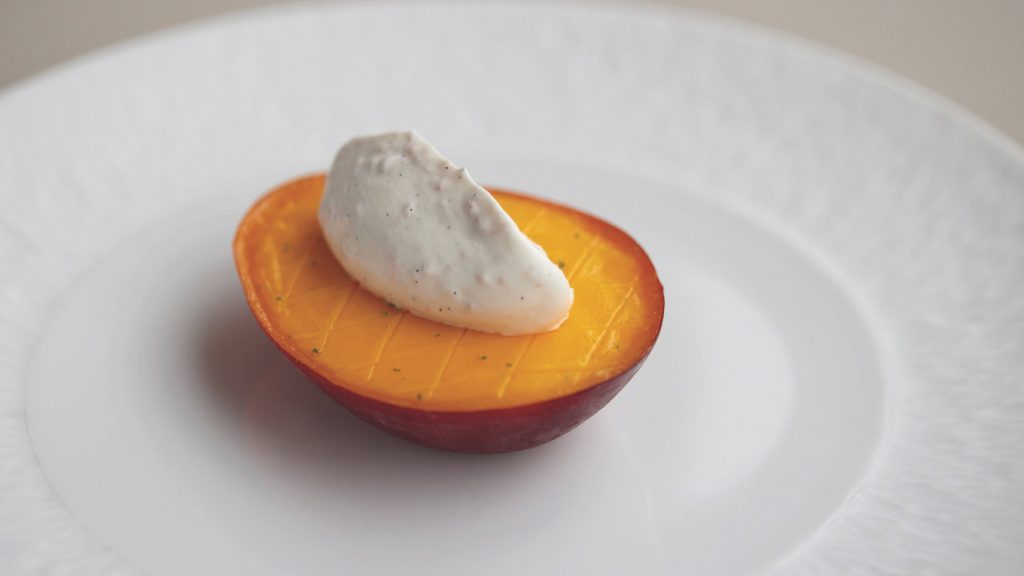
Q: How does luxury work its way into the equation at Sézanne?
“To me, luxury is coming into the restaurant and having a team of people who are here cooking for you, to order, when you arrive. That’s why you go out for dinner, right? You don’t go out to dinner because everything’s pre-prepared and just reheated.”
Q: What do you like to cook at home for yourself?
“Well, my wife cooks at home. She’s a one-pot wonder. I’m not allowed to cook—I make too much mess.”
Q: What’s a memorable dish that you’ve had?
“Not really a dish, but when I moved to Hong Kong from Europe, I’d been working in fancy restaurants for my whole career. And I thought this was the way things have to be done. It has to be French; it has to be three Michelin stars; it has to be this. Japanese food and French food are always put on a pedestal, but at that point, Chinese food was not celebrated as it should have been. There’s just a whole world of techniques and ingredients and processes that are worthy of attention.”
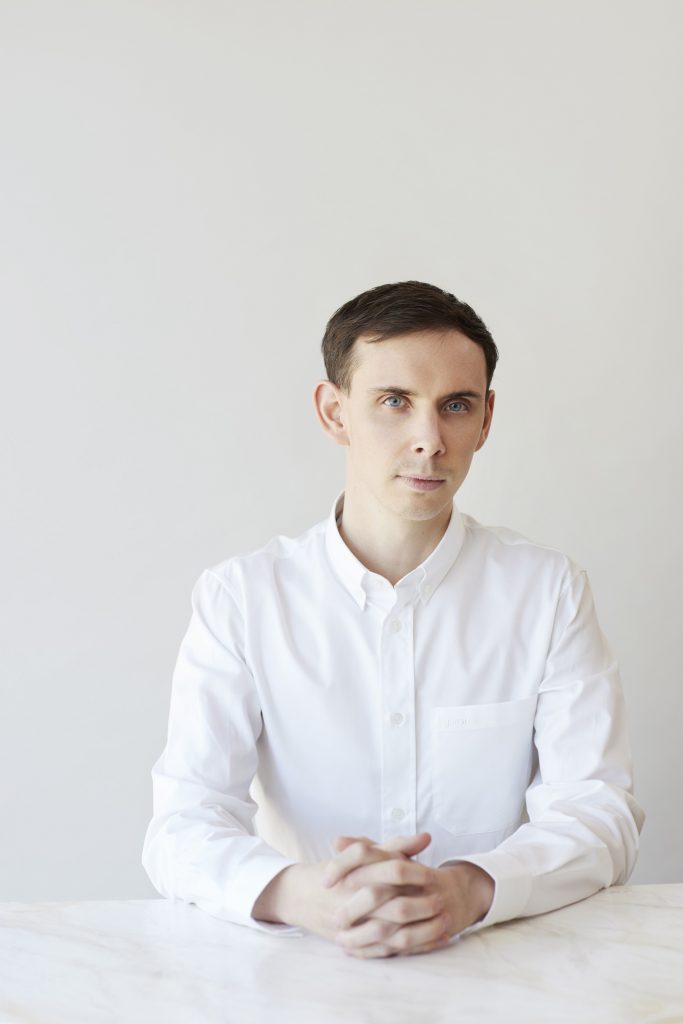
Q: I read your first job was at 16 and you offered to cook for free. Is that true?
“Yeah, actually, [I was] 15. I gave up my six-week school holiday to work for free because I wanted to get experience. I left school the following year. It really gave me a foot in the door. Looking back now I can’t believe I gave up so much of my holidays to work for free, but I guess that’s what successful people do.”
For more on award-winning restaurants at Four Seasons, head here.
